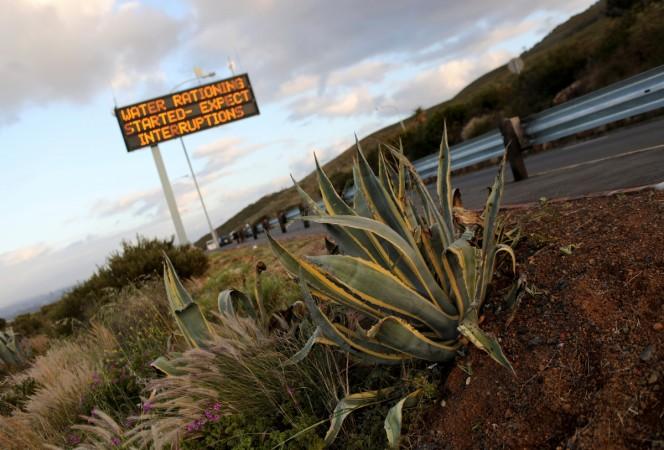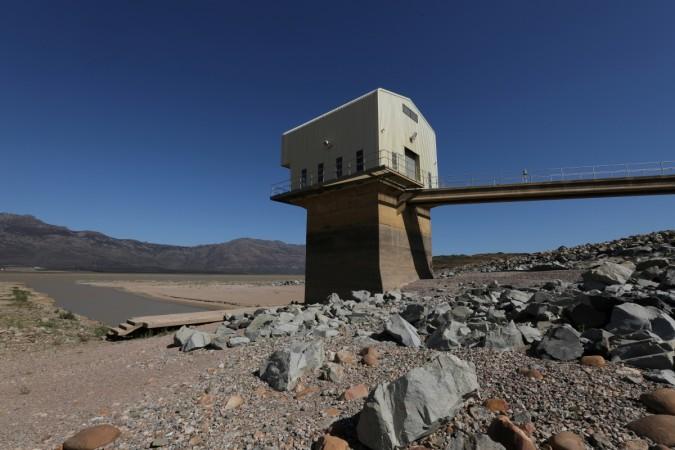
Residents of Cape Town in South Africa could soon be forced to turn off their water taps if they fail to reduce water consumption in the next few months before the monsoon sets in. The water levels in reservoirs have dipped over the last few weeks, indicating a dangerous situation if precaution is not taken by the public.
The authorities of Cape Town have warned the people to either reduce their daily water intake or face severe shortage that could force them to the extent of queueing for 25 litres of water per day. Day Zero is projected at April 21, 2018, which means there are only 92 days (as on January 19) to go.
Unfortunately, water consumption in the drought-stricken South African city has increased of late despite the dire need to save it.
A statement from the media office of City of Cape Town has said that only 37 percent of the public used less than 87 litres of water per person per day in the past week compared to 54 percent during the first week of January. It added that the city's average daily collective consumption has increased from 578 million litres per day to 618 million while the fact is the city moves closer to Day Zero for each day it uses more than 500 million litres.

"Dam levels have dipped to 28,7% this past week – down by one percentage point. Only about 18,7% of this water is usable as the last 10% is difficult to abstract from the dams," said a statement by the city officials.
In an attempt to avoid Day Zero, authorities have "identified 25 areas across the city that could benefit from this pressure management technology over the next three months and contractors have been brought in to speed up the programme." Water management devices were fitted on properties and households that use more than 10,5 kilolitres per month in a move to reduce water consumption in the city.
The statement from the media office of the city also said that efforts have been made to bring additional water sources into the water supply network.
It may be mentioned that Cape Town has faced drought for three consecutive years now. The government officials have claimed that the drought in 2017 was the worst since 1904.

















